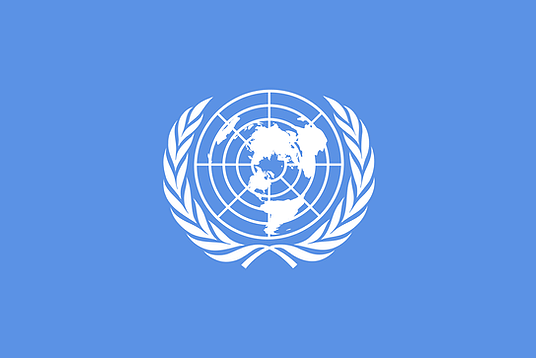
What are the high seas?
Deep, distant, dynamic, and diverse.
Beyond borders but not beyond governance.
A global commons and the common heritage of humankind.

What role is Duke playing?
Duke University researchers are highly engaged in solving the central legal, social, and scientific problems that contribute to the ongoing degradation of the high seas.
What we do
Spatial Ecology
Spatial Ecology
Where does biodiversity exist in the ocean?
To answer this question, Duke scientists, led by the Marine Geospatial Ecology Lab (MGEL), have endeavored to provide fellow scientists and policy makers with the spatial data and tools to better inform research and decisions about the biodiversity of the world’s oceans.

Deep-sea
Deep-sea
How do we attain sustainability in the deep-ocean?
For four decades, Duke scientists, led by Dr. Cindy Van Dover and her lab were among the global leaders in the exploration of the deep sea and the ecology of deep-sea ecosystems.

Ocean governance
Ocean governance
How do we govern the largest commons in the world?
Duke University does not only approach international governance processes from an academic standpoint, Duke faculty and students are also regular attendees and participants in international fora, where they contribute data, knowledge and legal perspectives to the table.
Since Hugo Grotius’ 1608 document “Mare Liberum”, legal scholars have debated the rights and responsibilities of nations on the high seas. With the development of new technology and rise of the United Nations, new institutions, treaties, and legal principles have come to shape our use of the world’s waters. Duke University researchers, lead by Lisa Campbell, Steve Roady Daniel Dunn and Patrick Halpin, are asking questions about the legal, social, and political infrastructure that help us manage the world’s largest commons.

Ocean data
Ocean data
For several decades, Duke University has been a leader in generating, aggregating and distributing biological, ecological and oceanographic data across ocean basins and jurisdictional boundaries. Duke faculty run and are members of various international data platforms and are shaping the conversations on future ocean databases.
All questions related to the conservation and management of marine species and ecosystems depend on the availability of information and knowledge on the patterns and processes across spatial and temporal scales. The high seas represent the last frontier of ocean knowledge; its scale, distance from land and dynamism make it a particularly challenging system to study. Duke University has been at the forefront of ocean data and observing systems for decades, in addition to hosting nodes of said systems on Duke’s campus, Duke researchers are shaping the conversation on what future ocean databases and warehouses should look like if we are to address the challenges of tomorrow. Below are some examples of the systems that Duke is part of:
Ocean Biogeographic Information System (OBIS) SEAMAP
The Global Ocean Observing System (GOOS)

We are at a crossroads between an increase in the international interest to conserve and adequately harvest high seas resources and biodiversity and significant improvements in scientific and monitoring technologies.
About High Seas @ Duke
High Seas at Duke is a consortium of individuals, labs, and institutes at Duke University that have come together to provide a single venue to communicate and collaborate the breadth of work related to areas beyond national jurisdiction
Our Partners








































